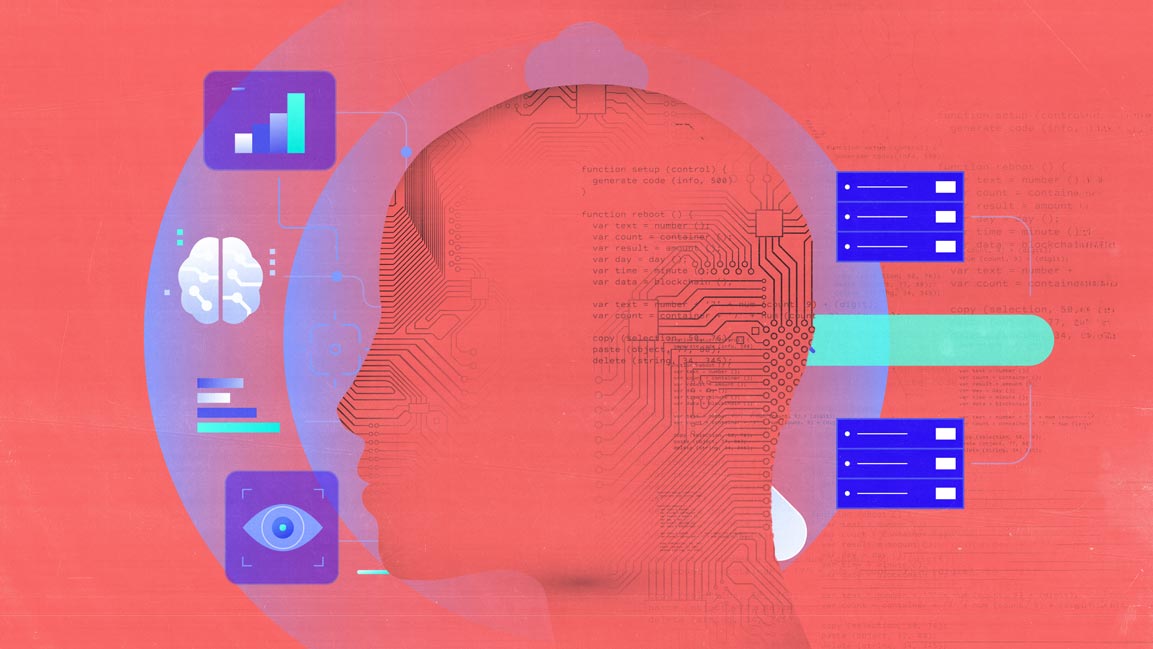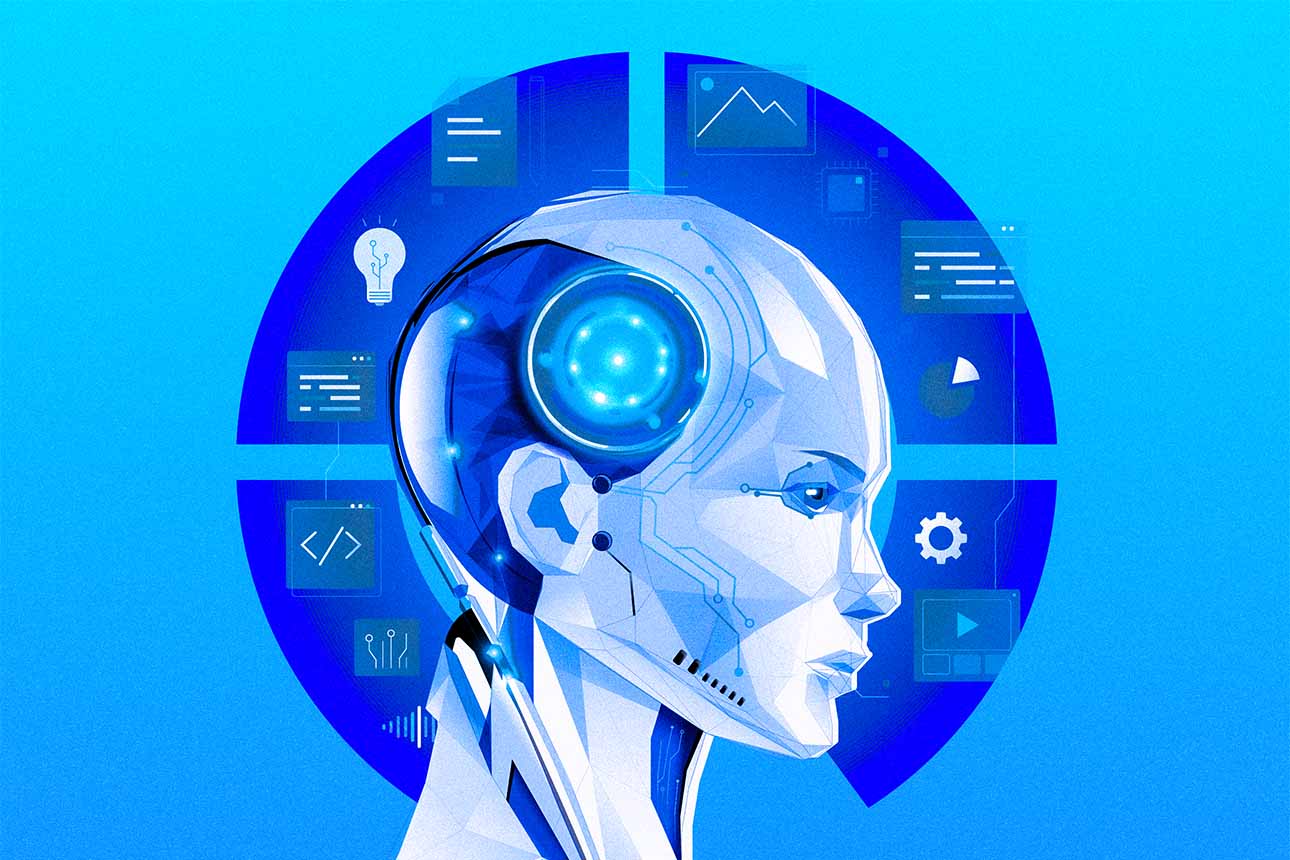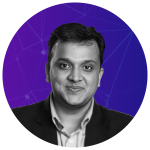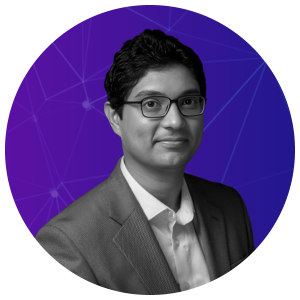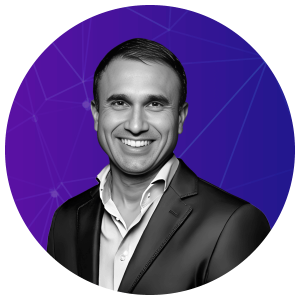Guardian AI Agents Poised to Take 15% of Agentic AI Market by 2030, Gartner Says
MITSloan ME Editorial
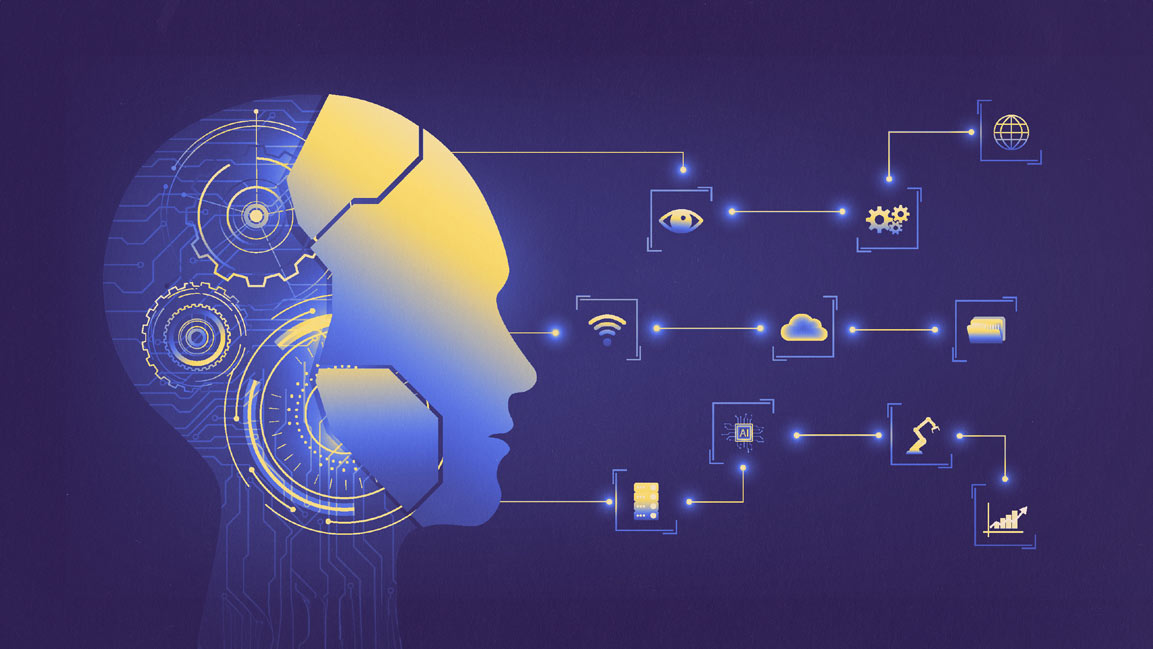
Among 147 CIOs and IT leaders surveyed, 24% reported deploying a few AI agents and 4% said they had deployed more than a dozen.
As AI systems gain autonomy and begin to operate with less direct human oversight, a new category of AI tools is emerging to manage the risks: guardian agents. These technologies are designed to monitor, guide, and, when necessary, intervene in the behavior of other AI agents—particularly in enterprise settings where the stakes are high.
According to Gartner Inc., guardian agents will represent 10 to 15% of the agentic AI market by 2030, signaling their growing importance in AI governance and cybersecurity strategies.
Guardian agents operate both as AI assistants that support tasks such as content review and monitoring, and as autonomous or semi-autonomous systems capable of executing or blocking actions based on predefined goals.
A recent Gartner webinar poll revealed that adoption of AI agents is already underway. Among 147 CIOs and IT leaders surveyed, 24% reported deploying a few AI agents (fewer than a dozen), and 4% said they had deployed more than a dozen. Meanwhile, 50% are in the research or experimental phase, and another 17% plan to implement the technology by the end of 2026.
“Agentic AI will lead to unwanted outcomes if it is not controlled with the right guardrails,” said Avivah Litan, VP Distinguished Analyst at Gartner. “Guardian agents leverage a broad spectrum of agentic AI capabilities and AI-based, deterministic evaluations to oversee and manage the full range of agent capabilities, balancing runtime decision making with risk management.”
As enterprise use of agentic AI grows, so does the associated risk. 52% of 125 respondents from the same poll indicated their AI agents focus on internal administrative functions such as IT, HR, and accounting. Meanwhile, 23% reported external, customer-facing applications.
Gartner highlights several major threats to agentic AI systems, including data poisoning, credential hijacking, and agents interacting with malicious or deceptive online sources. These vulnerabilities can lead to unauthorized access, operational disruptions, and reputational harm.
“The rapid acceleration and increasing agency of AI agents necessitates a shift beyond traditional human oversight,” Litan said. “As enterprises move towards complex multi-agent systems that communicate at breakneck speed, humans cannot keep up with the potential for errors and malicious activities. This escalating threat landscape underscores the urgent need for guardian agents, which provide automated oversight, control, and security for AI applications and agents.”
To address these concerns, Gartner recommends CIOs and security leaders prioritize three core functions of guardian agents:
- Reviewers: Evaluate AI-generated content for accuracy and compliance.
- Monitors: Track AI behavior for follow-up by humans or other AI systems.
- Protectors: Intervene in real time to adjust or block risky or unauthorized actions.
Regardless of how they are deployed, Gartner notes that guardian agents are essential for maintaining the integrity of increasingly complex AI ecosystems. The firm predicts that by 2028, 70% of AI applications will incorporate multi-agent systems—making automated governance tools not just useful, but critical.
Latest News & Updates
How Agentic AI can Transform Workplaces in the Middle East
One of the primary challenges in deploying agentic AI is striking the right balance between autonomy and oversight.
Three Essentials for Agentic AI Security
As AI agents travel between systems and platforms, advancing business workflows, they also open vulnerabilities. Learn from one...
AI Research Forum and Summit Focused on Agentic AI Announced
A New Platform to Explore the Future of Autonomous, Goal-Driven AI Systems.
Copyright © 2025. MIT Sloan Management Review Middle East. All rights reserved.
|
|
Thank you for Signing Up |


